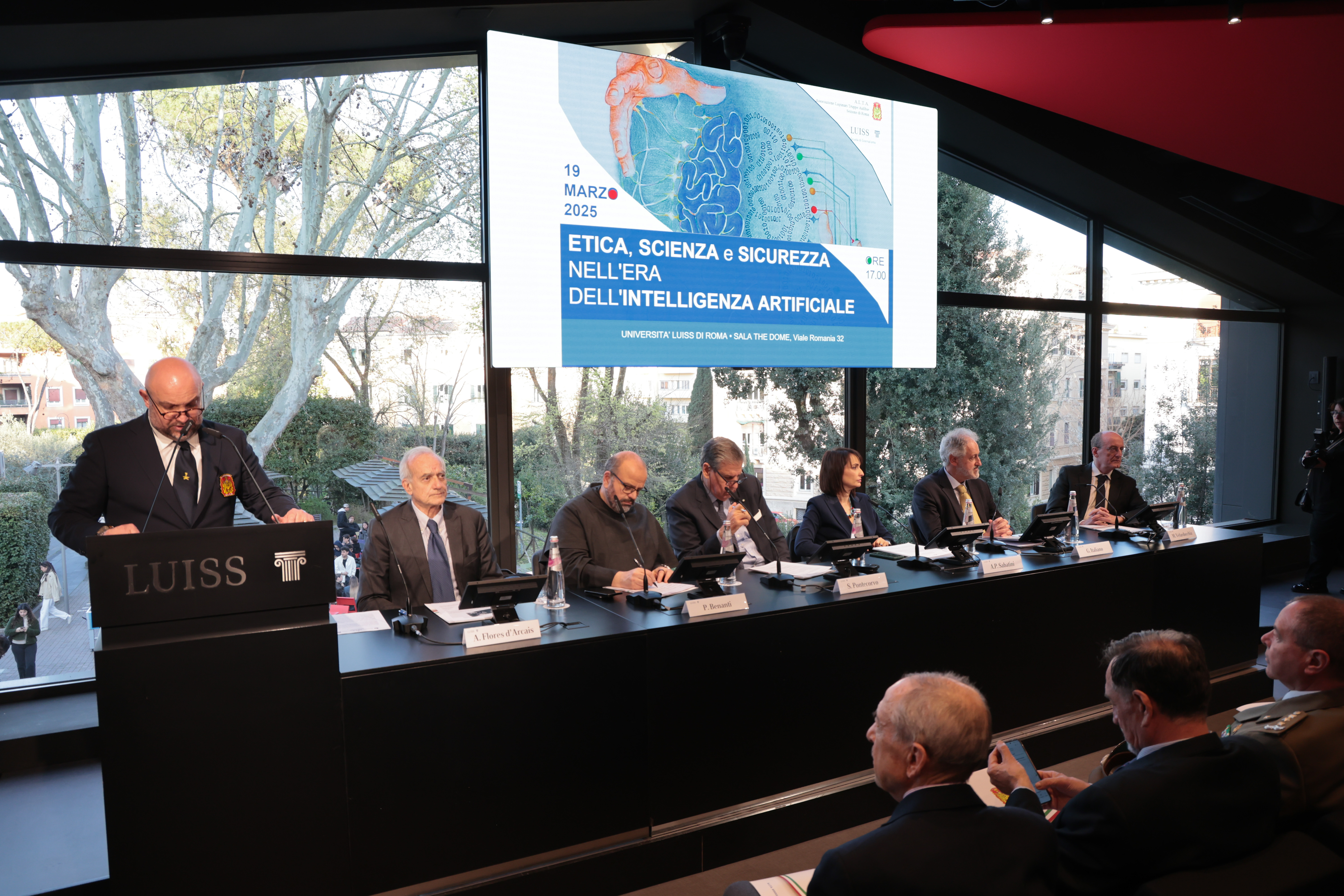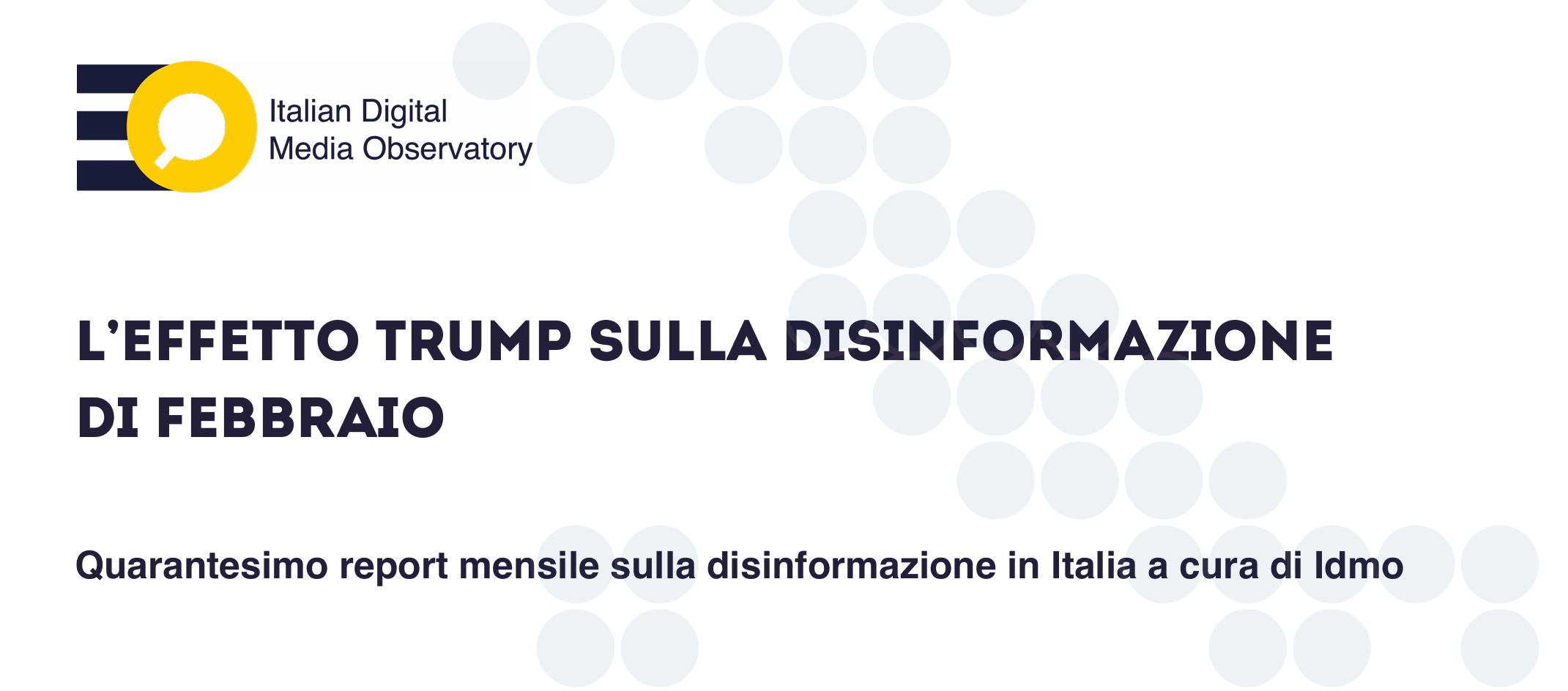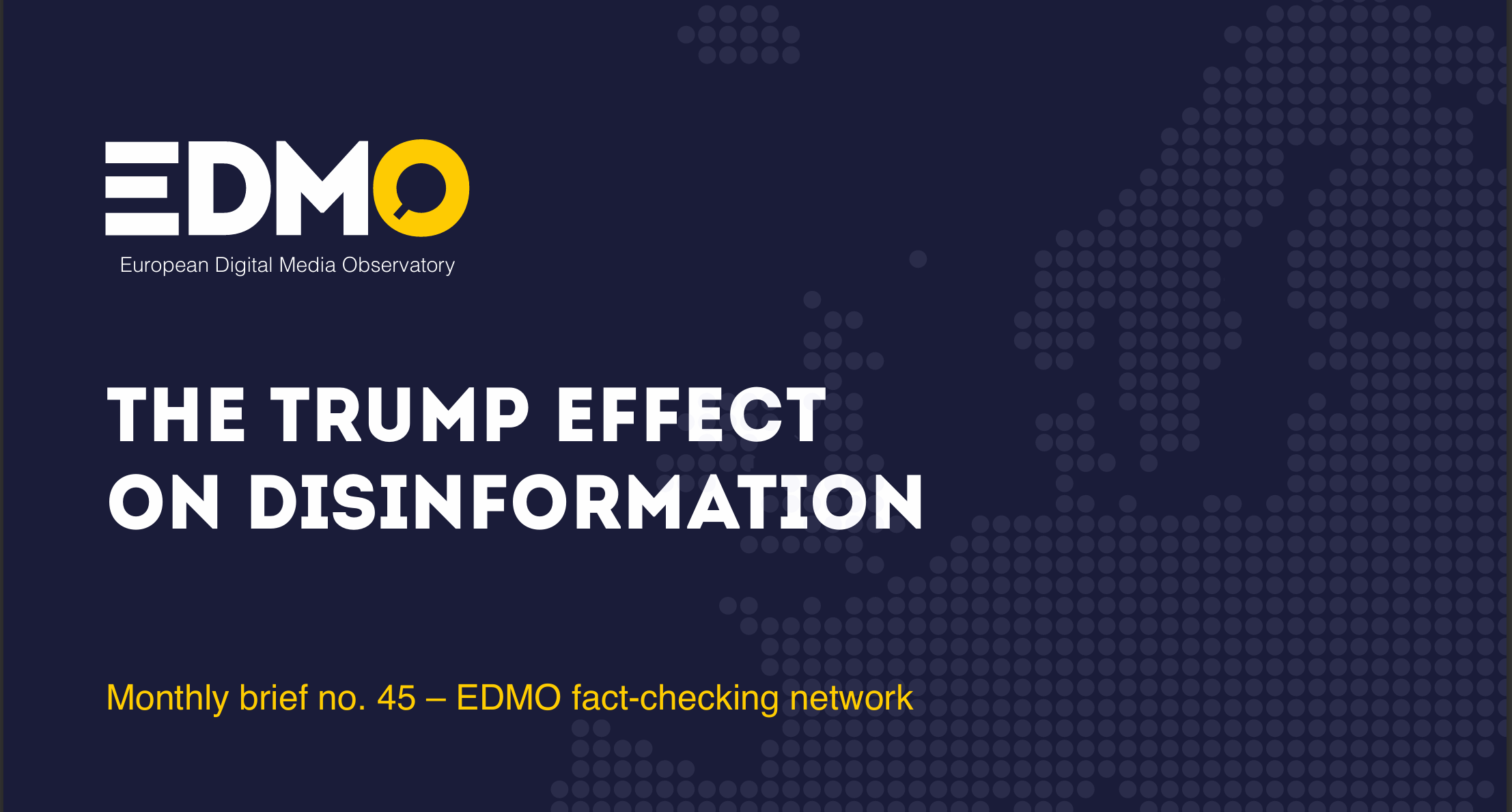This study addressed toxicity in tweets targeting Italian politicians during the propaganda campaign preceding Italian snap elections to surface differences in gender. A large sample of replies (163, 544 replies) from the 20 most popular tweets posted by 123 Italian women and 121 men politicians is considered; through network analysis, semantic analysis and natural language processing, trends in the way toxicity is crafted and distributed across communities are identified. Main takeaways are the following: women politicians are targeted more than man politicians, especially through threats or attacks to their identity; women politicians are target of attacks from the same groups of users more than man, suggesting the presence of a misogynistic group of haters; women haters like men haters tend to attack women more than man; “being a woman” is topicalized in toxic speech against women and associated to fearmongering words.
Read the FULL PAPER HERE
Di Elena Musi, Lorenzo Federico, Ayoub Mounim e Gianni Riotta



